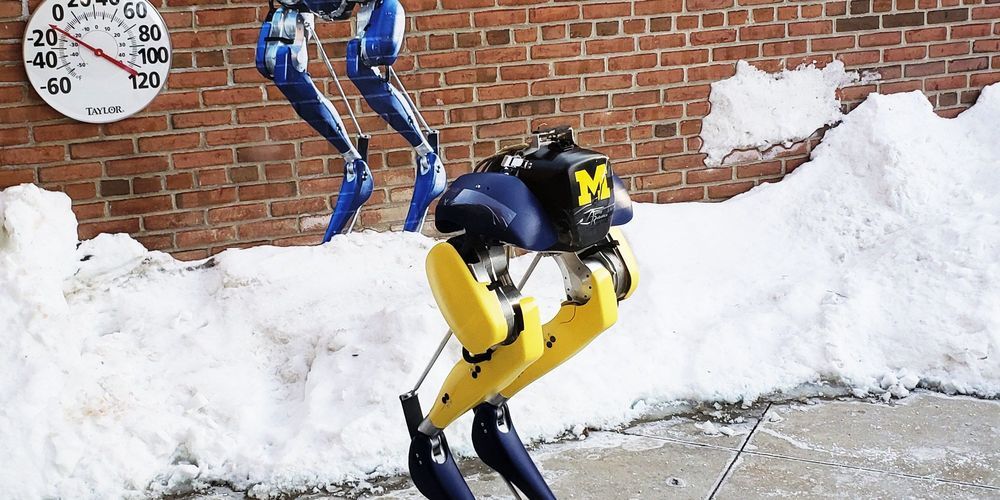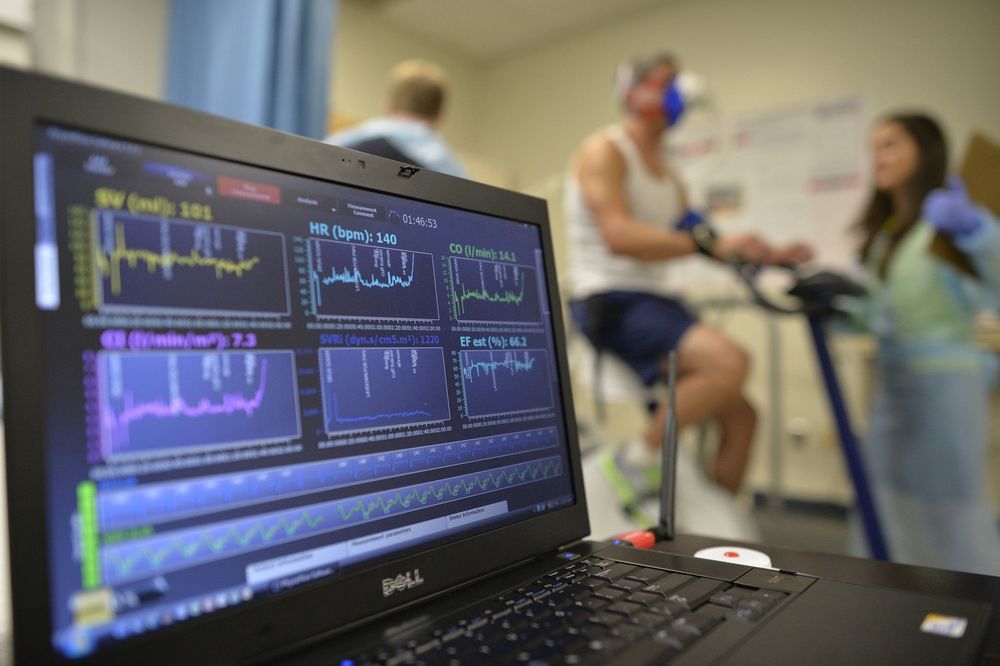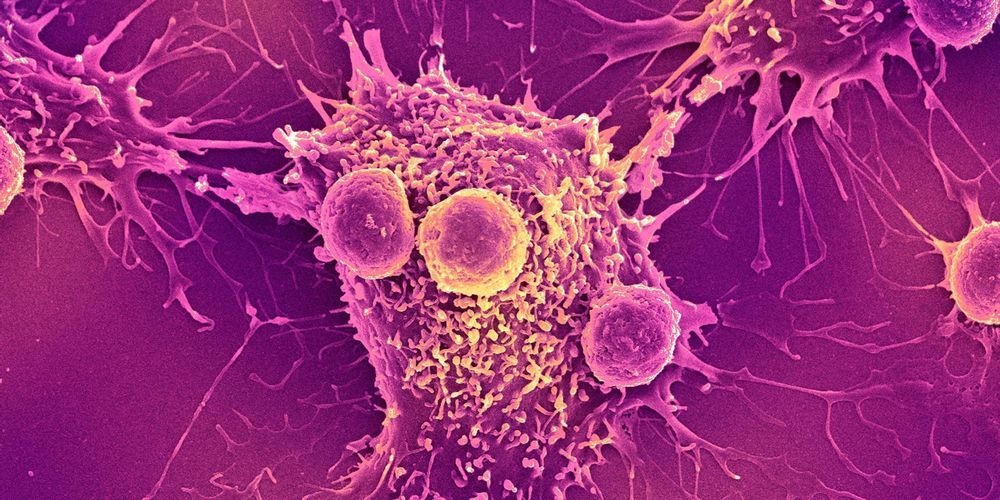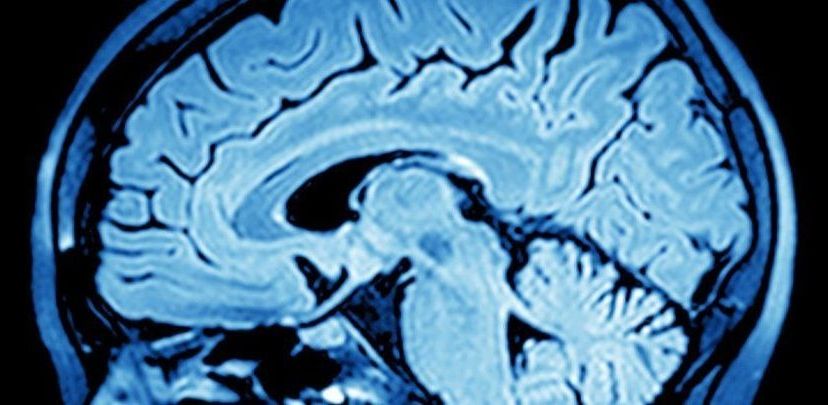January has been unforgiving for commercial space firms. SpaceX and Virgin Galactic laid off employees earlier this month, while Stratolaunch recently announced it would stop development of its rockets and rocket engine.



A new aging clock developed by Professor Steve Horvath and his research team takes measuring your biological age a step further and can accurately predict your future lifespan.
The epigenetic clock
As we age, our DNA experiences chemical changes called DNA methylation (DNAm); these changes are used as a way to measure age and are the basis of the epigenetic clock. As we age, the methylation patterns present on our DNA change, and researchers can measure these changes to work out how old an animal or person is.


This is not a story about how the polar vortex is bad—bad for the human body, bad for public transportation, bad for virtually everything in its path. This is a story about how one being among us is actually taking advantage of the historic cold snap: Cassie the bipedal robot. While humans suffer through the chill, this trunkless pair of ostrich-like legs is braving the frozen grounds of the University of Michigan, for the good of science.
“When we saw the announcement for the polar vortex, we started making plans to see how long we could operate in that kind of weather,” says roboticist Jessy Grizzle. “We were going to tie a scarf on her just so it looked cute, but we decided people would think that was keeping her warm and affecting the experiment, so we didn’t.”
You’ve read your last complimentary article this month. To read the full article, SUBSCRIBE NOW. If you’re already a subscriber, please sign in and and verify your subscription.

By cats that is carried by two billion people may lead to schizophrenia, experts have warned.
Toxoplasma gondii (T. gondii) can be spread either through contract with cat litter trays or by eating uncooked meat but it is typically harmless.
However, according to a new study, the parasite could increase the chances of developing schizophrenia by 50 per cent.

The assays don’t always yield results, but the information they offer can, at times, alter the course of treatment or prevention.

A new report estimates that nearly half of all U.S. adults have some form of heart or blood vessel disease, a medical milestone that’s mostly due to recent guidelines that expanded how many people have high blood pressure.
The American Heart Association said Thursday that more than 121 million adults had cardiovascular disease in 2016. Taking out those with only high blood pressure leaves 24 million, or 9 percent of adults, who have other forms of disease such as heart failure or clogged arteries.


Welcome to the future.
In the first experiment of its kind, scientists have been able to translate brain signals directly into intelligible speech. It may sound like wild science fiction at first, but this feat could actually help some people with speech issues.
And yes, we could also get some futuristic computer interfaces out of this.
Key to the system is an artificial intelligence algorithm that matches what the subject is hearing with patterns of electrical activity, and then turns them into speech that actually makes sense to the listener.

The following is a transcript of the video
Alex Appolonia: This is almost half a million gallons of water being blasted a hundred feet into the air.
The most impressive part? It was all done in just 60 seconds.
NASA created the massive fountain as part of a test for its Space Launch System, scheduled to launch for the first time in 2020.